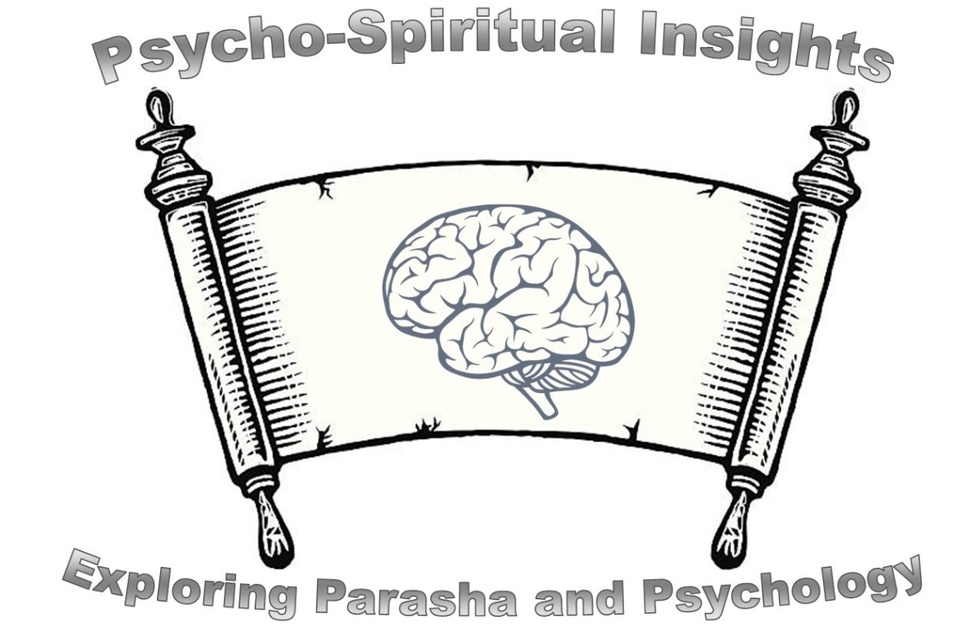
Parshat Acharei Mot contains profound insights into the human experience, including the psychological concept of catharsis. This Parsha delves into the rituals of atonement performed by the Kohen Gadol on Yom Kippur, the holiest day of the year. Amidst the detailed instructions for sacrifice and purification, there lies a powerful lesson about the cathartic nature of confession and atonement.
The parsha describes (Leviticus 16:5-11) how the Kohen Gadol would take two he-goats, one for Hashem and the other as a scapegoat for confession. The Kohen Gadol would then verbally confess for the sins of the entire nation onto the goat, thereby demonstrating the power sincere verbal remorse has in providing atonement. The Gemara in Yoma 5a describes how confession was an essential part of atonement. This ritual embodies the essence of catharsis—a process of releasing and purifying oneself from the weight of sin and guilt.
Catharsis is a term originating from ancient Greek philosophy, particularly Aristotle's Poetics. In the context of psychology, it refers to the process of releasing, and thereby providing relief from, strong or repressed emotions. The idea is that experiencing intense emotions, such as fear, pity, or sadness, in a controlled environment can be therapeutic. This release of emotions is believed to bring about a sense of purification or cleansing.
The act of confession, as prescribed in Parshat Acharei Mot, serves as a catalyst for this release. By openly acknowledging wrongdoing and expressing remorse, individuals can unburden themselves of the emotional baggage that accompanies sin. Through sincere repentance and acts of restitution, individuals can experience profound inner healing and renewal. This process isn't just about seeking divine forgiveness but also about reconciling with oneself and others, repairing damaged relationships, and restoring a sense of wholeness.
The Torah describes how the process is not just a verbal one, but also physical. In the Avodah (service) for Yom Kippur, we read about how the Kohen Gadol would place his weight into the animal during the process of confession. This act serves the purpose of showing that full atonement does not come merely from words but rather taking actions towards change.
Here are three short tips for gaining catharsis through the process of confession and atonement:
- Self-Reflection: Take time for introspection and honest self-reflection. Identify any actions or behaviors that weigh heavily on your conscience. Acknowledge your mistakes and understand the impact they may have had on yourself and others.
- Open Communication: Find a trusted confidant or seek professional support to facilitate the process of confession. Whether it's a close friend, family member, religious leader, or therapist, having someone to listen non-judgmentally can provide a safe space for expressing your thoughts and feelings.
- Sincere Repentance: After confessing, commit to genuine repentance and making amends for your actions. This may involve apologizing to those you have harmed, taking steps to rectify the situation, and striving to avoid similar mistakes in the future. Embrace the opportunity for personal growth and transformation that comes with sincere atonement.
Parshat Acharei Mot reminds us that catharsis is not just a psychological concept but a spiritual one as well. By embracing the process of confession and atonement, we can purify our hearts and souls, paving the way for greater spiritual growth and closeness to the Divine. As we strive to live lives of meaning and integrity, may we always remember the liberating power of catharsis and the transformative potential it holds for our lives.
Elan Javanfard, M.A., L.M.F.T. is a Consulting Psychotherapist focused on behavioral health redesign, a Professor of Psychology at Pepperdine University, & a lecturer related to Mindfulness, Evidence Based Practices, and Suicide Prevention. Elan is the author of Psycho-Spiritual Insights: Exploring Parasha & Psychology, weekly blog. He lives in Los Angeles Pico Robertson community with his wife and three children and can be reached at Elan.Javanfard@gmail.com.
 Previous
Previous

